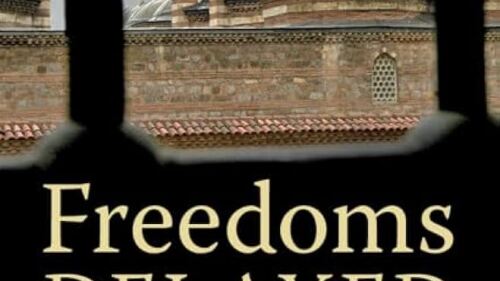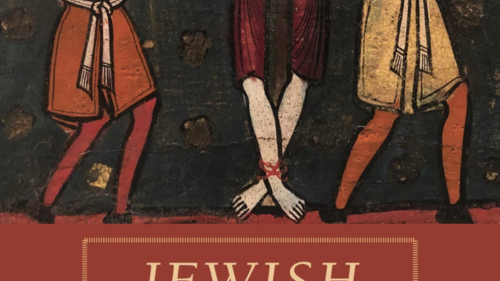Finally a work investigates the larger context hidden inside the Chechen conflict. Even before September 11, 2001, Russians often complained internationally about the Chechen wars being fueled by territorial incursions into southern Russia by Islamic jihadists. Western governments and universities, which were eager to see the conflict as a quasi-imperialist state oppressing an ethnic minority, basically ignored these complaints. Russia is not innocent in Chechnya but Hahn, a senior researcher at the Center for Terrorism and Intelligence Studies in California, painstakingly shows the other side of the coin, something sorely needed in Western scholarship.
Much more than a rehashing of atrocities in Chechnya (though it includes the necessary background information), Hahn examines several little known ethnic republics in Russia, connecting the dots to reveal an expanding Islamist network that represents much more than a nuisance to Russian power. The propaganda and objectives of this network see Russia as but one front in a much larger war. It is obvious that the biggest enemy in this war is ultimately the United States, thus revealing the larger security importance of the book. That Hahn is the first Western scholar to document this crucial aspect of the war on terror speaks not just of his talent but also of the sad state of the Russian studies literature, which is sometimes overly suspicious and quick to judge Russia regardless of the facts.
While the writing style can at times be plodding, the book is overall accessible and interesting. The work is meticulously researched with notes and a bibliographic section, which can serve as an independent source book for other researchers. The book not only fills a gaping hole in the Russian studies literature, it deftly ties the subject to the broader, and more important, issue of international security. A very important work.



